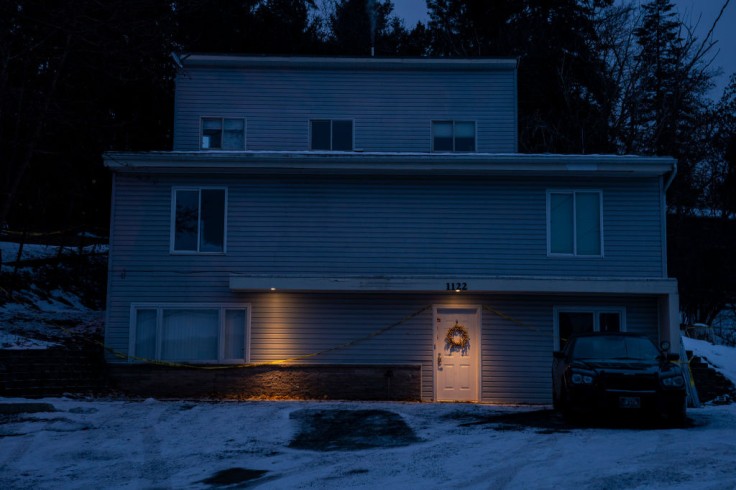
In a shocking development that continues to reverberate through the community, the University of Idaho has officially announced plans to demolish the residence where the heinous quadruple homicide unfolded last November.
This decision, slated to be set in motion on December 28, has ignited a multifaceted controversy, intertwining legal debates and the poignant anguish expressed by the families of the victims.
The focus of the contention is the potential impact this move may have on the ongoing legal proceedings against Bryan Kohberger, the individual accused of perpetrating the brutal crime.
Families' Anguish and Outcry To Preserve the Crime Scene
The decision to forge ahead with the demolition has not gone unnoticed, particularly by the grieving families whose lives were forever changed by the tragic events of November 2022.
The families of Ethan Chapin, Madison Mogen, Xana Kernodle, and Kaylee Goncalves are vocal in their distress, voicing apprehensions over the potential erasure of crucial evidentiary elements essential for Bryan Kohberger's trial.
Despite the university's reassurance that the demolition will be executed during the winter break to minimize disturbances for the students residing in the vicinity, some victims' families find the timing and approach insensitive.
They staunchly advocate for the preservation of the King Road residence, emphasizing its dual importance as both a repository of critical evidence and a symbol of emotional significance.
This contentious saga traces its roots back to February, when the university initially declared its intention to dismantle the King Road residence as a purported "healing step" for the community. However, the abrupt cessation of the demolition in July, ostensibly paused until the end of the fall semester, marked a significant twist in the narrative.
Families of the victims, in an impassioned statement, underscored the vital importance of the King Road house, both as an evidentiary cornerstone and an emotionally charged space.
Despite these impassioned pleas, the university has opted to resume the demolition, reigniting the legal debate and amplifying the families' sense of being unheard in the decision-making process.
University of Idaho's Decision Amidst Ongoing Bryan Kohberger's Trial
Bryan Kohberger, a criminology Ph.D. student at Washington State University, is at the center of the legal maelstrom, facing accusations of breaking into the King Road home and perpetrating the horrendous quadruple homicide.
Prosecutors assert that Kohberger's actions resulted in the tragic deaths of University of Idaho students Ethan Chapin, Madison Mogen, Xana Kernodle, and Kaylee Goncalves.
The decision to grant access to the crime scene before its impending demolition to Kohberger's defense team introduces a layer of complexity to the legal landscape.
Legal experts posit that this move might become a focal point of contention during the trial, potentially prolonging the legal proceedings for an extended period.
As the University of Idaho gears up for the demolition on December 28, the community remains on edge, torn between the university's pursuit of communal healing and the families' unwavering call to preserve the crime scene for the pursuit of justice in the Bryan Kohberger trial.
The outcome of this contentious decision holds the potential to cast enduring shadows over both the legal proceedings and the emotional well-being of those deeply affected by the tragic quadruple homicide.